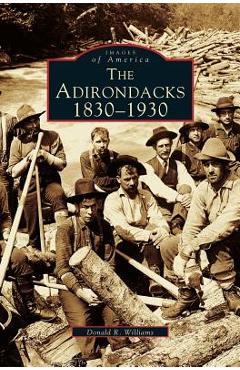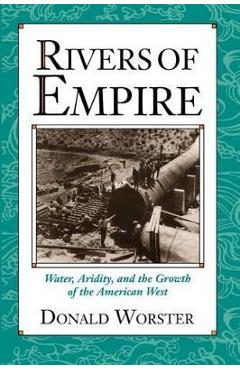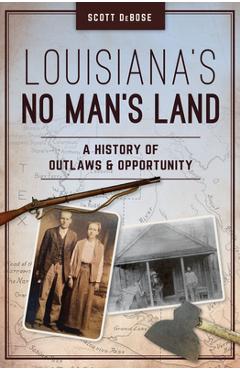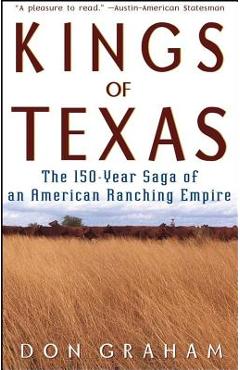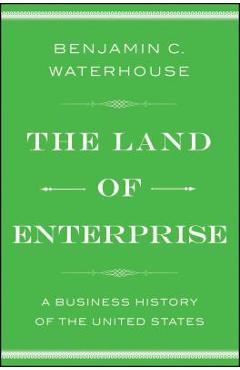Joseph Ellicott & the Holland Land Company: The Opening of Western New York
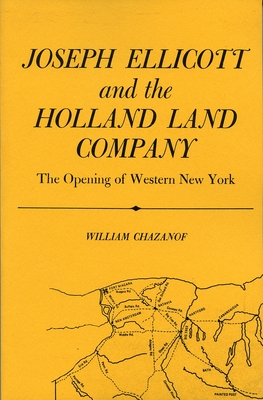
Joseph Ellicott & the Holland Land Company: The Opening of Western New York
In 1800, the Holland Land Company assigned surveyor Joseph Ellicott the task of selling at a profit 3.3 million acres of land west of the Genesee River in New York State. By 1821, when Ellicott's career as Resident-Agent ended, the area's population had grown from only a few settlers to over 100,000. This study traces the evolution of western New York from the time the Indians relinquished control to the solidification of institutional life.
As a land promoter in the wilderness, Joseph Ellicott quickly discovered that business and politics went hand in hand, for the factors that affected land sales were frequently political. Although his contract with the Holland Land Company expressly forbade it, he became deeply involved in the political life of western New York, playing a decisive role in the creation of Genesee County and its further divisions into four counties. Ellicott used his influence to advance the Erie Canal project, particularly from Rochester westward, and persuaded the state legislature to grant a charter for the Bank of Niagara. Although the rest of the state fluctuated in its political preferences, from his base in Batavia he kept western New York loyal to the Republican Party, building up close relations with DeWitt Clinton.
During his long career, Ellicott made many enemies. The postwar nationalists resented him as the agent of the Dutch-owned company. Taxpayers fought him because he blocked a road tax on land owned by nonresidents; his employers were irritated when he could not persuade the state to buy Holland Land Company property; his increasing melancholy angered customers; and his break with Clinton during the 1820 gubernatorial campaign set off a chain reaction of political pressures that led to his dismissal as Resident-Agent the next year. Ellicott direct in 1826.
Based on extensive research in the Holland Land Company Papers in Amsterdam's City Archives, Professor Chazanof's study presents a previously unexplored part of the political history of New York State on regional, national, and international levels. Illustrations and maps are included.
PRP: 123.69 Lei
Acesta este Pretul Recomandat de Producator. Pretul de vanzare al produsului este afisat mai jos.
111.32Lei
111.32Lei
123.69 LeiIndisponibil
Descrierea produsului
In 1800, the Holland Land Company assigned surveyor Joseph Ellicott the task of selling at a profit 3.3 million acres of land west of the Genesee River in New York State. By 1821, when Ellicott's career as Resident-Agent ended, the area's population had grown from only a few settlers to over 100,000. This study traces the evolution of western New York from the time the Indians relinquished control to the solidification of institutional life.
As a land promoter in the wilderness, Joseph Ellicott quickly discovered that business and politics went hand in hand, for the factors that affected land sales were frequently political. Although his contract with the Holland Land Company expressly forbade it, he became deeply involved in the political life of western New York, playing a decisive role in the creation of Genesee County and its further divisions into four counties. Ellicott used his influence to advance the Erie Canal project, particularly from Rochester westward, and persuaded the state legislature to grant a charter for the Bank of Niagara. Although the rest of the state fluctuated in its political preferences, from his base in Batavia he kept western New York loyal to the Republican Party, building up close relations with DeWitt Clinton.
During his long career, Ellicott made many enemies. The postwar nationalists resented him as the agent of the Dutch-owned company. Taxpayers fought him because he blocked a road tax on land owned by nonresidents; his employers were irritated when he could not persuade the state to buy Holland Land Company property; his increasing melancholy angered customers; and his break with Clinton during the 1820 gubernatorial campaign set off a chain reaction of political pressures that led to his dismissal as Resident-Agent the next year. Ellicott direct in 1826.
Based on extensive research in the Holland Land Company Papers in Amsterdam's City Archives, Professor Chazanof's study presents a previously unexplored part of the political history of New York State on regional, national, and international levels. Illustrations and maps are included.
Detaliile produsului










